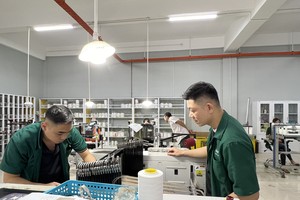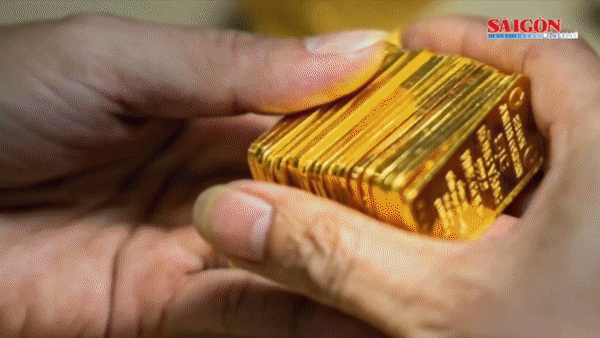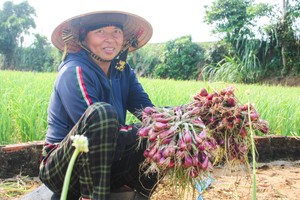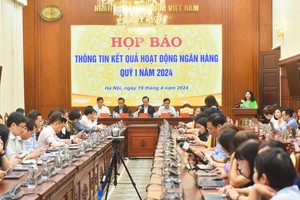
To implement the Government’s project ‘Cashless Payment Promotion’, lately, the domestic banking system has introduced various payment products and services to citizens. The Ministry of Information and Communications reported that after 8 piloting months, the three major telecoms network carriers of Viettel, MobiFone, Vinaphone are now serving 2.2 customers in rural and mountainous areas. However, this figure is seeing a drop since a large number of people in these locations are still now truly used to electronic payment methods.
Director Pham Anh Tuan of the Payment Department (under the State Bank of Vietnam – SBV) shared that the habit of digital payment mostly exists in cities rather than the countryside. To change this, SBV has already released instructions as well as circulars as to signing up for an eKYC (electronic Know Your Customer) account. This means people can register online for a payable account with its corresponding bank card.
In 2015, SBV approved certain financial units to develop their cashless payment methods in rural areas via cooperation with commercial banks. Such collaboration between MB and Viettel, Momo e-wallet and Vietcombank have proved the effectiveness in encouraging cashless payment among rural communities.

Director Tuan further added that mobile money service is a convenient one especially for customers living in remote areas as long as there is a telephone signal. The total value of around 15 million transactions using mobile money until now has reached VND950 billion (US$40.3 million). That is a remarkable success.
Nevertheless, the launch of this practical service still encountered several difficulties, including the old habit of cash payment, the anxiety when learning new technologies, the concern over cyber security in online payment.
Adding to that is the insufficient payment infrastructure of service providers in rural areas. Also, the issue of hi-tech criminals leads to even more worries among rural communities as their knowledge on IT is rather limited.
Director Tuan stressed that many banks in Vietnam have worked with the Ministry of Public Security to successfully pilot authenticating bank users via their chip-based citizen ID card or identifying customers online to open an account. The most important improvement is the measure to authenticate bank users at ATMs. Formerly, to withdraw money at ATMs, people need their own ATM card. Nowadays, all they need is their own chip-based citizen ID card, which is supposed to increase the security level.
In compliance with the directions of the Prime Minister and the Government, SBV is collaborating with the Public Security Ministry and the Ministry of Labor, War Invalids and Social Affairs to devise a feasible way to deliver social security benefits using electronic identification and authentication (precisely identifying people entitle to these benefits via the National Population Database).

In the upcoming time, SBV is going to work with the Public Security Ministry to support banks to launch successfully piloted measures nationwide, while keep researching for more solutions to offer useful services to citizens as to cashless payment, especially those living in rural and remote areas.
It is expected that by November 2023, when the 2-year piloting scheme for mobile money ends, SBV will have summarized the results and proposed another piloting period to be the foundation for the development of suitable mechanisms, legal corridors for the formal launch of this practical service.
Vice Chairman Nguyen Minh Tam of the Bank Card Sector in the Banking Association proposed a reconsideration for a preferential service fee for customers in rural areas, a tax exemption or reduction for businesses accepting cashless payment.
























